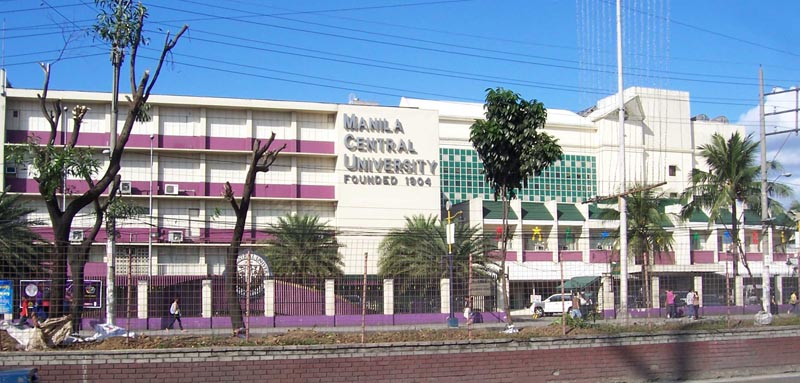
Manila Central University
Originally named the Escuela de Farmacia del Liceo de Manila, Manila Central University (MCU) is a private, non-sectarian educational institution situated on EDSA, Caloocan, Philippines. Established in 1904 by Dr. Alejandro M. Albert, who served as its inaugural director, MCU holds the distinction of being the first pharmacy school managed by Filipinos. Additionally, it was the pioneering nursing school in the Philippines to offer the four-year Bachelor of Science in Nursing program. The university's patron is Minerva. From 1952 to 1962, MCU was part of the University Athletic Association of the Philippines.
Following its reorganization, the institution expanded its offerings to include courses in liberal arts, education, commerce, business administration, and postgraduate studies in pharmacy, alongside Pharmacy and Dentistry programs. In 1947, the College of Medicine was integrated into the university, followed by the establishment of the College of Nursing and Graduate School in 1948, leading to the institution's renaming as Manila Central University. In 1949, MCU unveiled its 10-hectare campus in Caloocan, which also saw the introduction of the colleges of Optometry and Midwifery. Additionally, High School and Kindergarten departments were established at this time.
Apply Now Download Brochure







